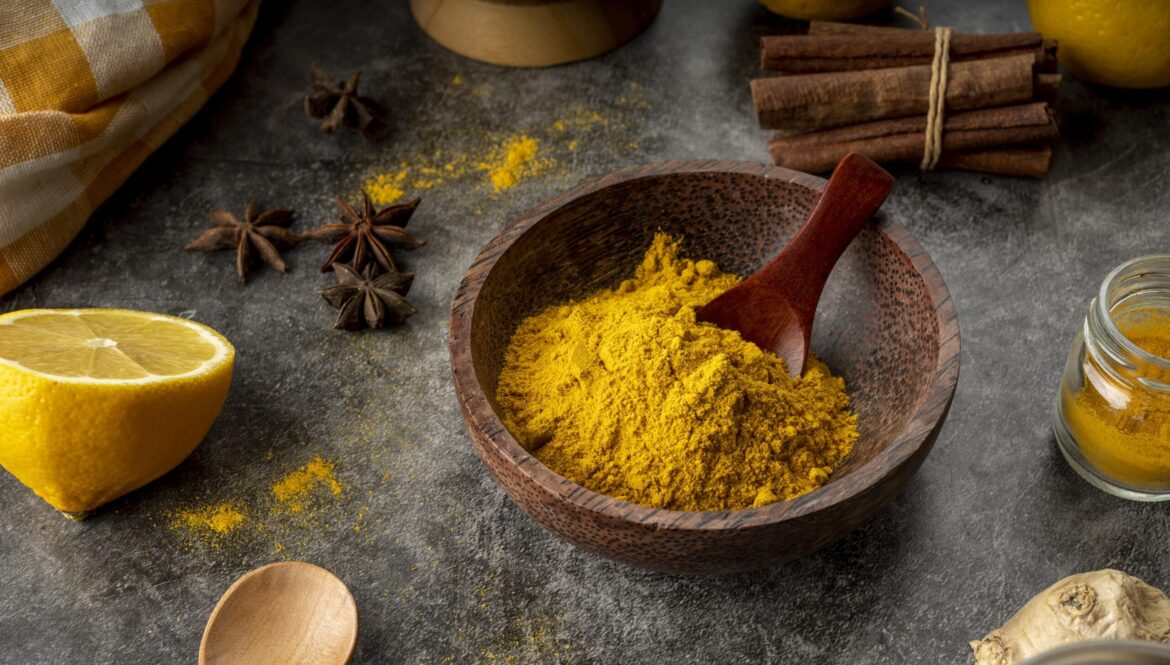Table Of Content
- 1 Turmeric and Beard Growth: Exploring the Evidence and Expert Opinions
- 2 Scientific Research and Clinical Studies
- 3 Expert Opinions and Dermatologists’ Perspectives
- 4 Turmeric’s Traditional Uses and Anecdotal Evidence
- 5 Safety Considerations and Potential Side Effects
- 6 Conclusion: A Need for Further Research and Evidence-Based Approach
Turmeric and Beard Growth: Exploring the Evidence and Expert Opinions
The question of whether turmeric can stop beard growth has been a topic of discussion among many individuals seeking natural methods for managing facial hair. Turmeric, a spice commonly used in Indian cuisine and traditional medicine, is known for its anti-inflammatory and antioxidant properties. However, its potential to inhibit beard growth remains a subject of ongoing research and debate.
Scientific Research and Clinical Studies
While there is limited clinical research directly addressing the impact of turmeric on beard growth, some studies have investigated its potential effects on hair growth in general. A 2012 study published in the journal “Pharmacognosy Research” evaluated the efficacy of a curcumin-based topical gel in reducing hair growth on the arms and legs. The study found that the gel was effective in slowing hair growth, suggesting that curcumin, the active component of turmeric, may have hair-inhibiting properties.
Another study, published in the journal “Phytotherapy Research” in 2016, examined the effects of curcumin on hair follicle growth and differentiation. The study found that curcumin inhibited the proliferation and differentiation of hair follicle cells, suggesting its potential to slow or prevent hair growth.
Expert Opinions and Dermatologists’ Perspectives
Dermatologists and experts in hair growth have varying opinions on the effectiveness of turmeric in inhibiting beard growth. Some experts believe that the limited clinical evidence and the lack of standardized dosages make it difficult to draw definitive conclusions about turmeric’s efficacy. They emphasize the need for more rigorous clinical trials to fully evaluate its potential benefits.
Other experts, while acknowledging the limited research, suggest that turmeric may have some hair-inhibiting properties, particularly when applied topically. They recommend using turmeric in conjunction with other hair removal methods, such as shaving or waxing, for optimal results.
Turmeric’s Traditional Uses and Anecdotal Evidence
Turmeric has a long history of use in traditional medicine, particularly in India, for various skin conditions, including excessive hair growth. Anecdotal evidence suggests that some individuals have experienced a reduction in beard growth after using turmeric topically. However, these anecdotal reports lack the scientific rigor of clinical studies and cannot be considered conclusive evidence of turmeric’s efficacy.
Safety Considerations and Potential Side Effects
Turmeric is generally considered safe when used in moderation as a spice or in topical preparations. However, some individuals may experience skin irritation or allergic reactions to turmeric. It is essential to conduct a patch test on a small area of skin before applying turmeric to a larger area.
Conclusion: A Need for Further Research and Evidence-Based Approach
While there is some scientific evidence and anecdotal reports suggesting turmeric’s potential to inhibit beard growth, the lack of rigorous clinical studies makes it difficult to draw definitive conclusions about its efficacy. More research is needed to fully evaluate the effectiveness and safety of turmeric as a beard growth inhibitor.
Individuals seeking to reduce or manage their beard growth should consult with a dermatologist or healthcare professional to discuss evidence-based hair removal methods and explore options that are safe and effective for their specific needs.


Leave a Reply